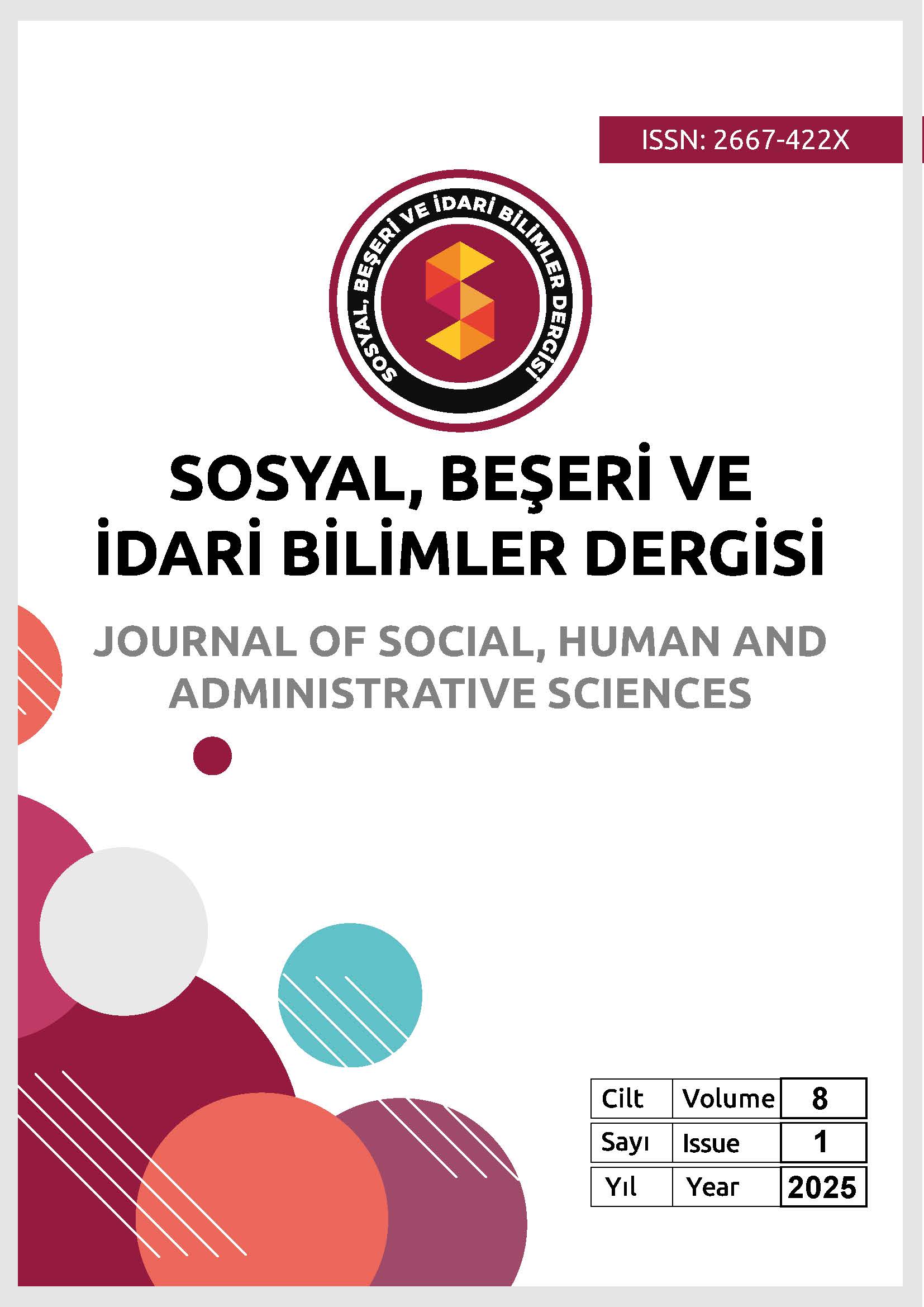An Overview of Online Psychotherapy and Psychological Counseling Studies in Turkey (Evaluation)
Main Article Content
Abstract
The Covid 19 pandemic process, which occurred in 2019 and is a global health problem, has caused great destruction in many areas in our country, as well as all over the world, and has made its negative impact felt in various areas, especially health and education. In recent years, when the opportunities provided by technology and the negativities brought about by the pandemic process are combined, there has been an increase in the online applications of psychotherapy and psychological counseling, and as a result, the effectiveness of online psychological counseling/psychotherapy compared to face-to-face counseling and face-to-face psychotherapy, its differences, ethical aspects, effects for the counselor and the client. There has also been an increase in research in these fields. The aim of the study is to shed light on future online psychological counseling and psychotherapy practitioners, as well as educators, academicians and students who provide and receive training in this field, by examining these studies on online psychological counseling and psychotherapy, which have started to intensify especially with the pandemic process and are relatively new in the field. In line with the purpose of the research, 28 studies and 2 theses were included in this research (based on the effectiveness of online psychological counseling, ethical principles, the difference between face-to-face counseling and online psychological counseling practices). The method of the research is traditional compilation research. When the research is examined, it is seen that there was no research on online psychological counseling and psychotherapy in Turkey before 2016, and most of the research was done especially after the pandemic period, that is, after 2019. As a result of the examination of the studies conducted, it is seen that face-to-face psychological counseling has more positive aspects than online counseling because there are some aspects that are beneficial (such as ease of access, low cost and spatial flexibility) and many disadvantages (such as counselors' lack of knowledge, educational needs, being open to abuse, ethical concerns about confidentiality etc. and some technical/technological problems).
Article Details

This work is licensed under a Creative Commons Attribution 4.0 International License.

